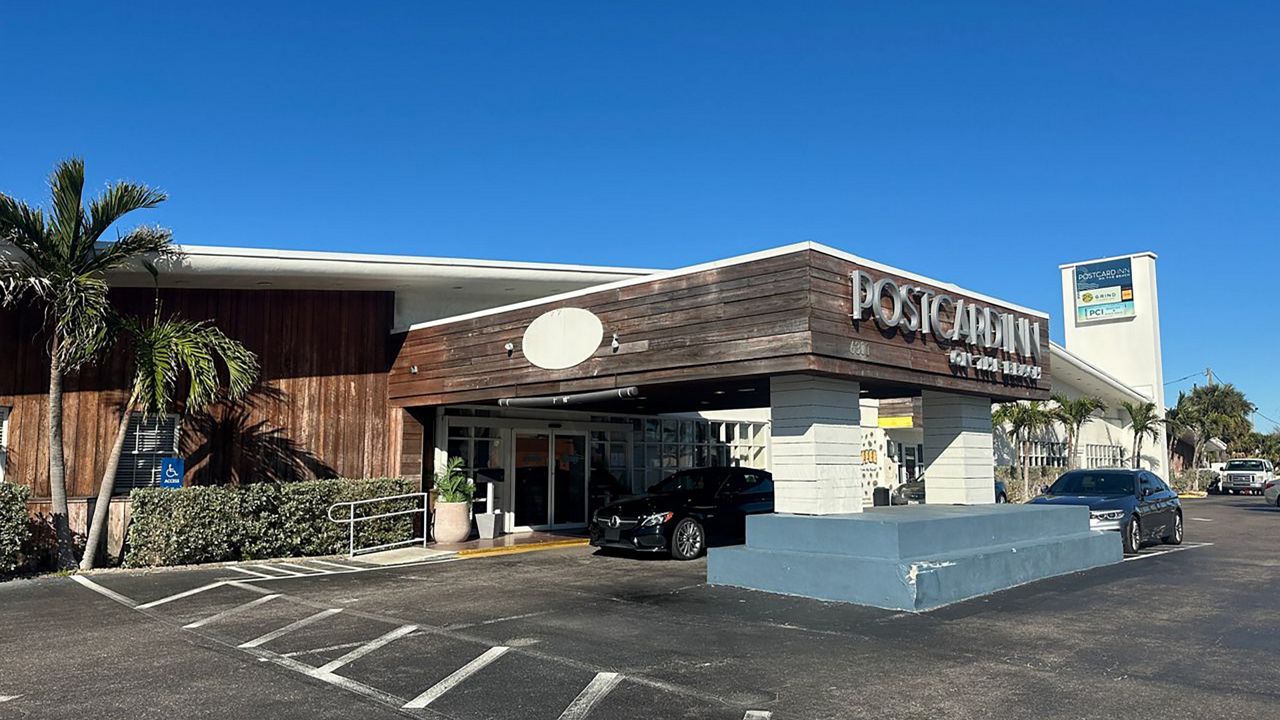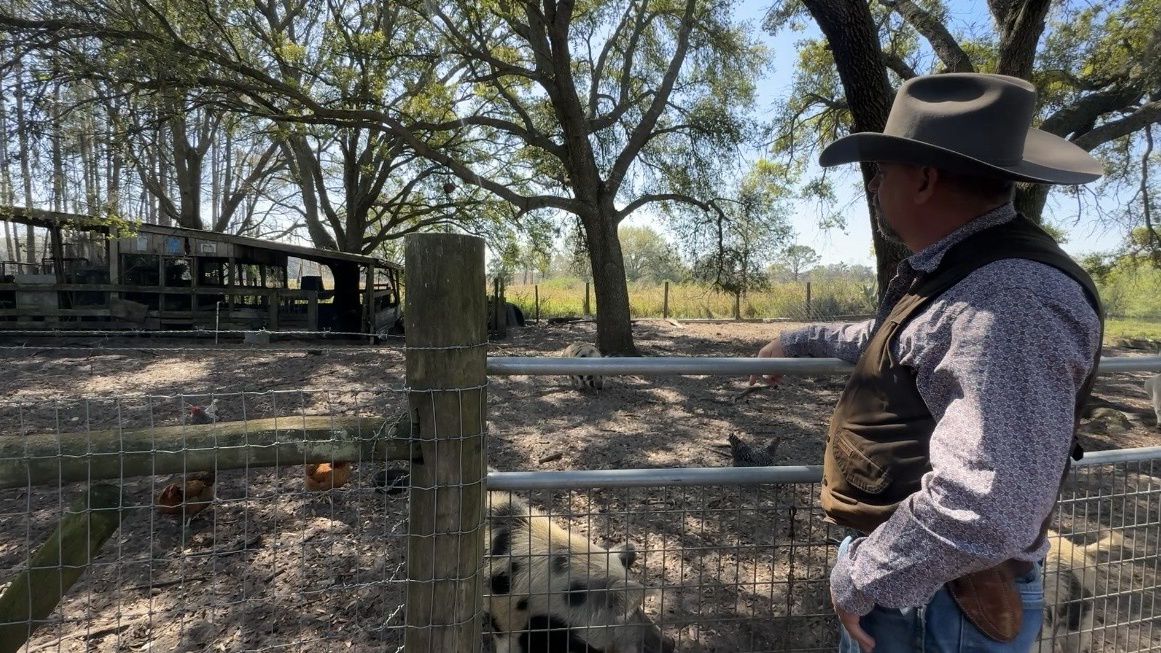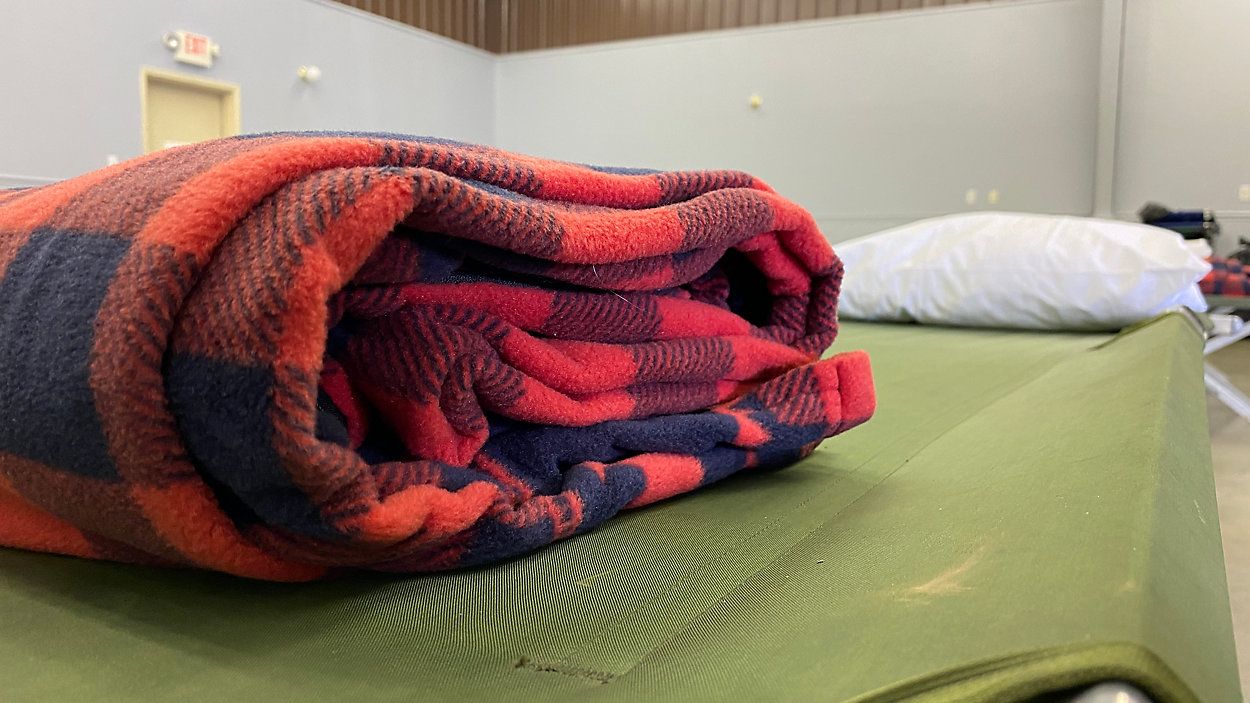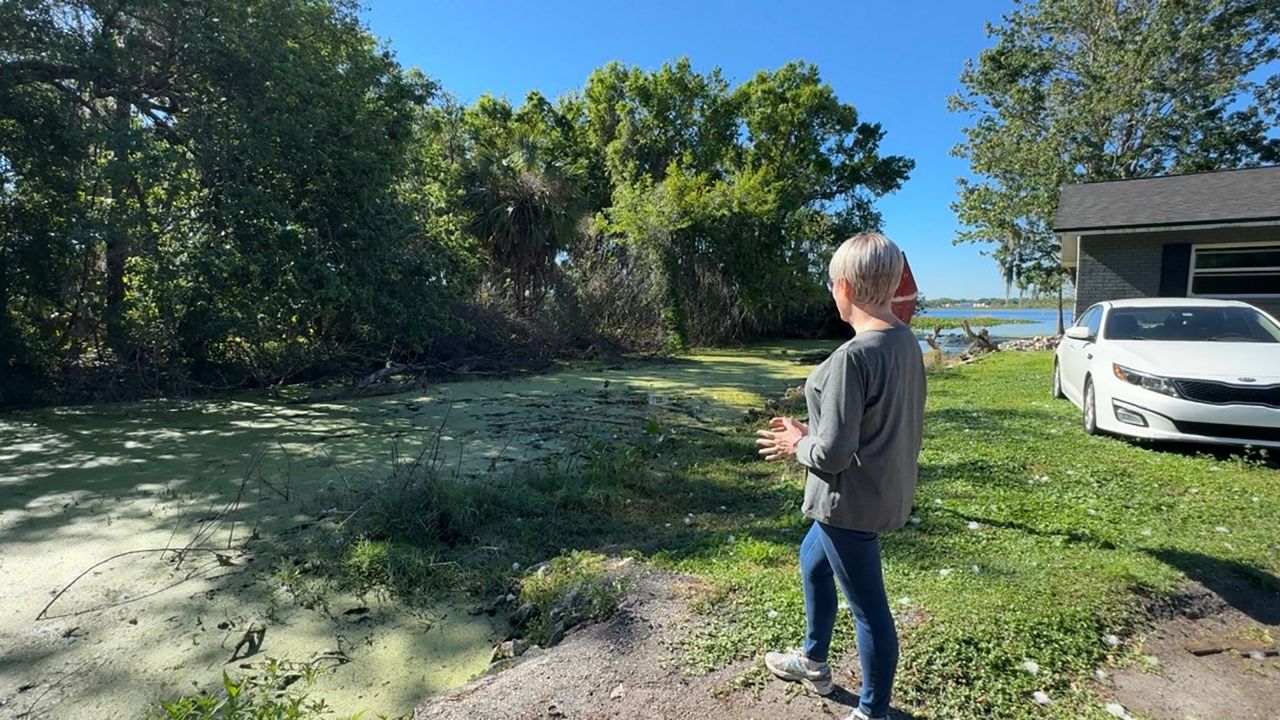TAMPA, Fla. — In less than two months, Senate Bill 1718 will come into effect, and local farmers are already feeling the effects of one of the toughest anti-immigration measures in recent times.
What You Need To Know
- SB1718 is affecting farmers who are seeing people leave due to fear
- Fidel Sanchez has owned Sanchez farms for 10 years and shares how this bill is affecting his crops
- Attorney Edward Reyes says it’s important to inform yourself about the bill before picking everything up and leaving
Fidel Sanchez, owner of Sanchez Farms in Plant City, is among those experiencing the impact firsthand.
While it is not unusual for farms to have fewer employees in late spring, Sanchez reveals that many of his workers have chosen to leave the state in response to Senate Bill 1718.
The bill mandates that businesses with 25 employees or more utilize the E-Verify system, which verifies the immigration status of workers, and prohibits the issuance of driver's licenses to undocumented individuals.
"I don't have many people who are working right now. I have about 10 or 15 people who are harvesting what I have at the moment," said Sanchez.
Sanchez is concerned about the rising prices of produce and potential waste without enough workers to pick the crops.
In an effort to address the uncertainty surrounding his employees' return, Sanchez has turned to collaboration with organizations such as the Society of St. Andrew.
Through the partnership, leftover crops are harvested and distributed to the community.
Attorney Edward Reyes highlights that the impact of Senate Bill 1718 extends beyond the agriculture industry, affecting local businesses and the overall economy.
"Fewer consumers will be buying and shopping," warns Reyes.
Reyes urges the community to stay informed about the potential changes that will accompany the implementation of this bill.
As Sanchez perseveres in his mission to cultivate food, he calls upon leaders to visit the fields and witness the challenges firsthand.
“We invite them to come and see our fields — and they can see that we need a lot of people to pick this food,“ he said.









